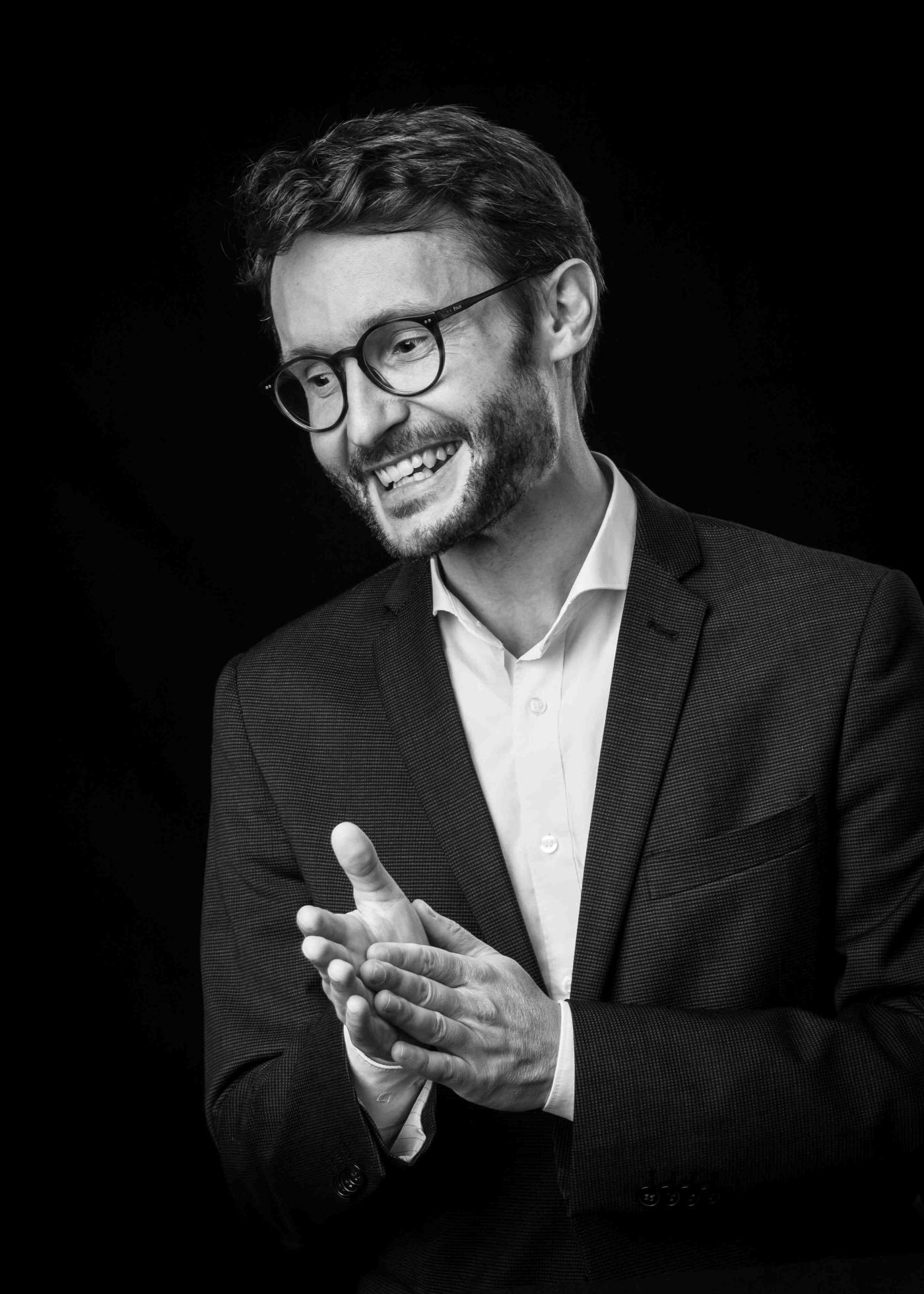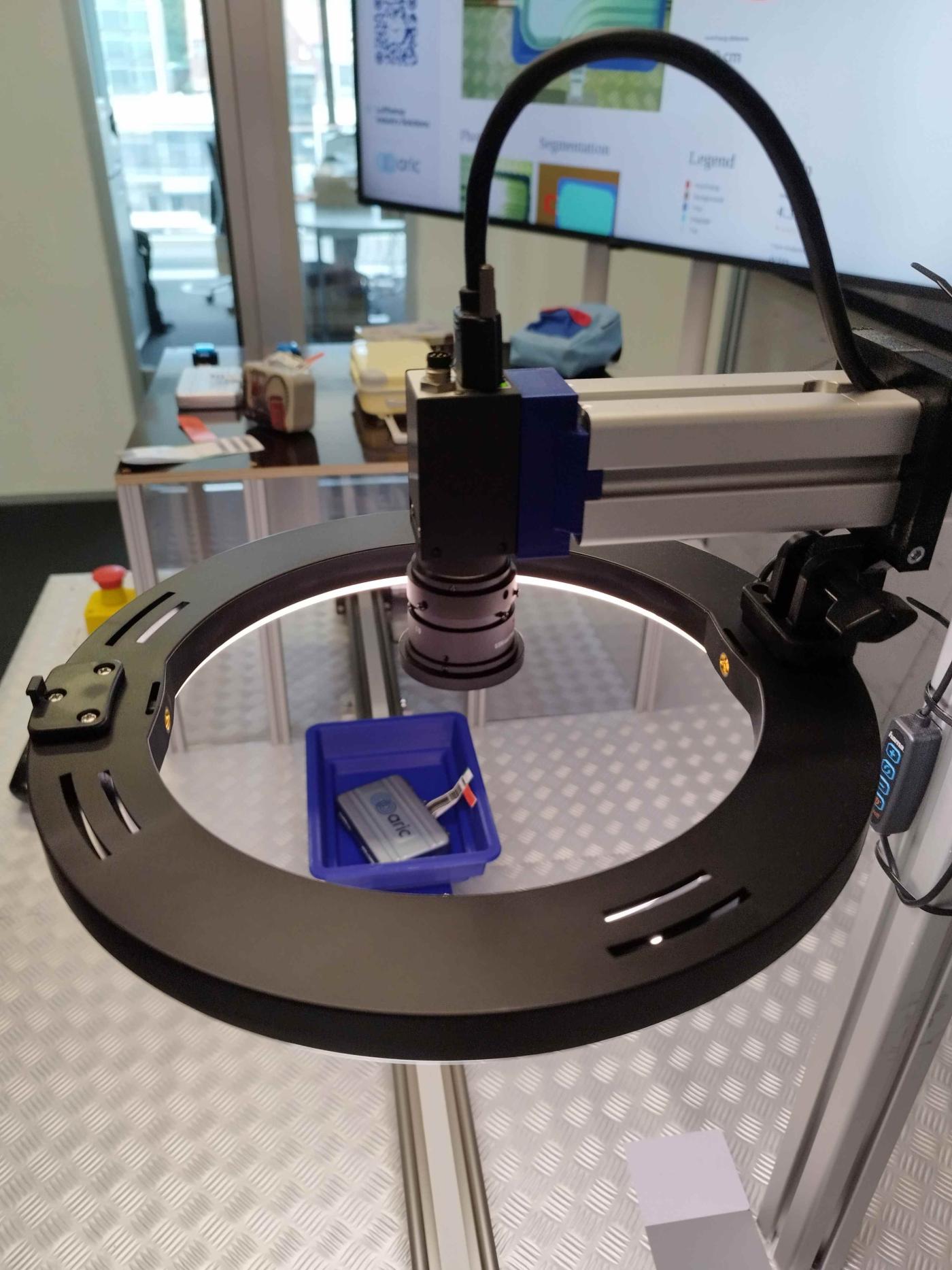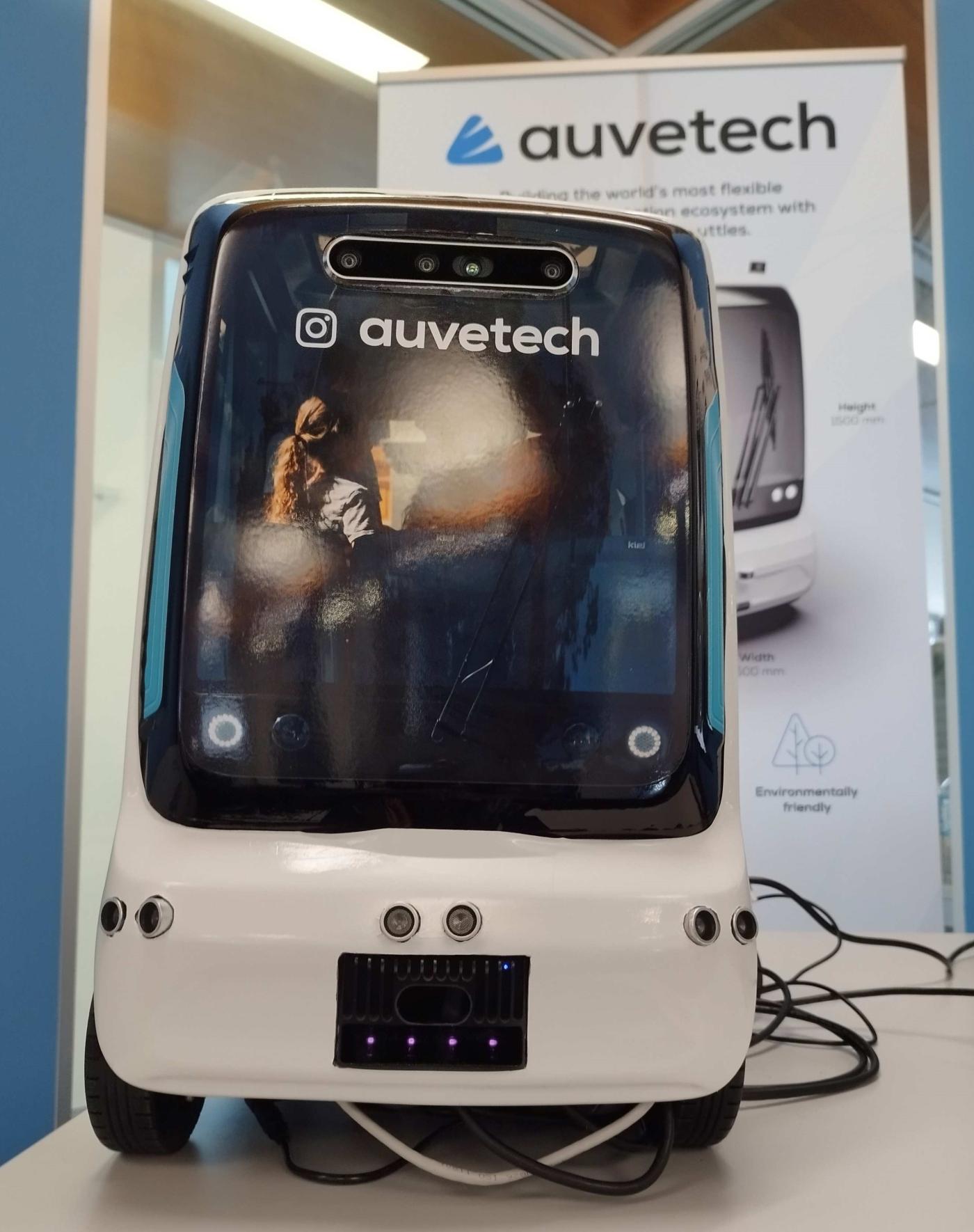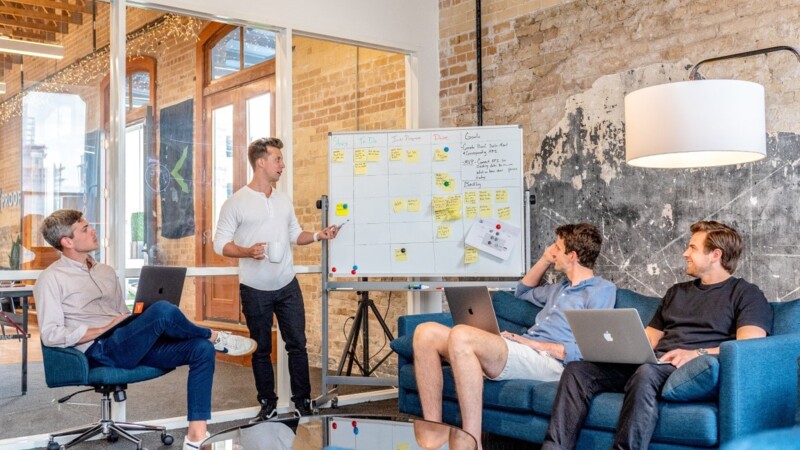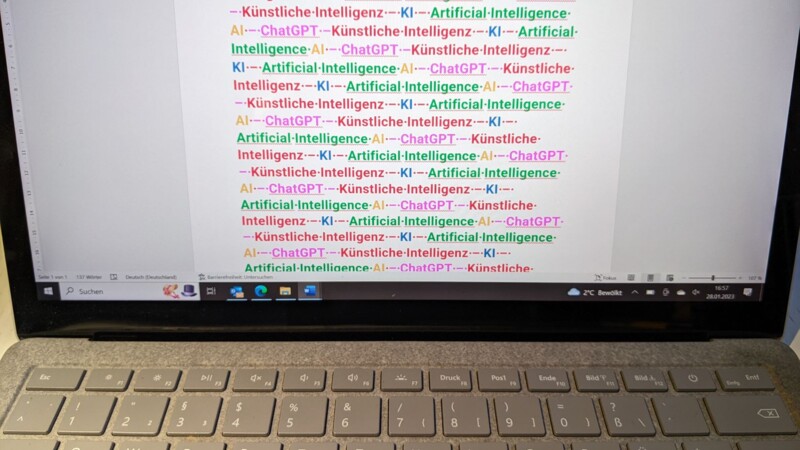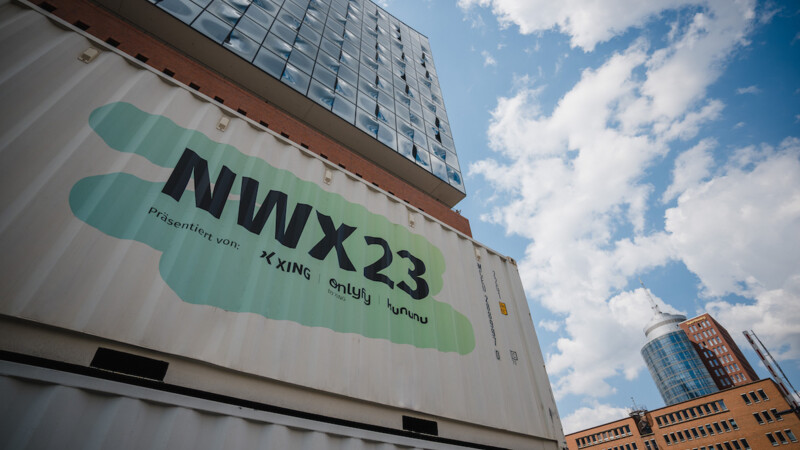Hamburg News: To what extent will AI influence the German economy and our lives in general on a scale of 1 to 10?
Alois Krtil: If we think of a five-year period, I would say nine. By then, AI will be playing a role in almost all parts of the economy and society. AI is already being used in many sectors from navigation and translation programmes to voice assistants like Siri or Alexa and predictive maintenance. And businesses in particular will adapt AI applications on a large scale. Not necessarily in the core business, but indirectly, e.g., to optimise procedures, to save costs and resources, and in customer and employee relations and in terms of further training or employee recruitment.
Hamburg News: A majority of German companies see AI as an opportunity, but only 9 per cent actually use the technology, a Bitkom survey in September 2022 found. So is there still room for improvement?
Krtil: I expect to see a significant increase in the number of companies using AI. The pace of the development is unstoppable and the number of practical use cases is increasing rapidly. Companies are under growing pressure to act and to avoid falling behind. At ARIC, we notice that in the rising number of enquiries. More and more companies want to see whether and how the use of AI is worthwhile. We can offer more suitable programs thanks to the European Union's EDIH funding scheme to boost the digital competitiveness of SMEs and management in particular. These include information, training events and workshops in which we build prototypes with companies or develop 'Proof of Concept' (PoC), i.e., AI test scenarios for management.
